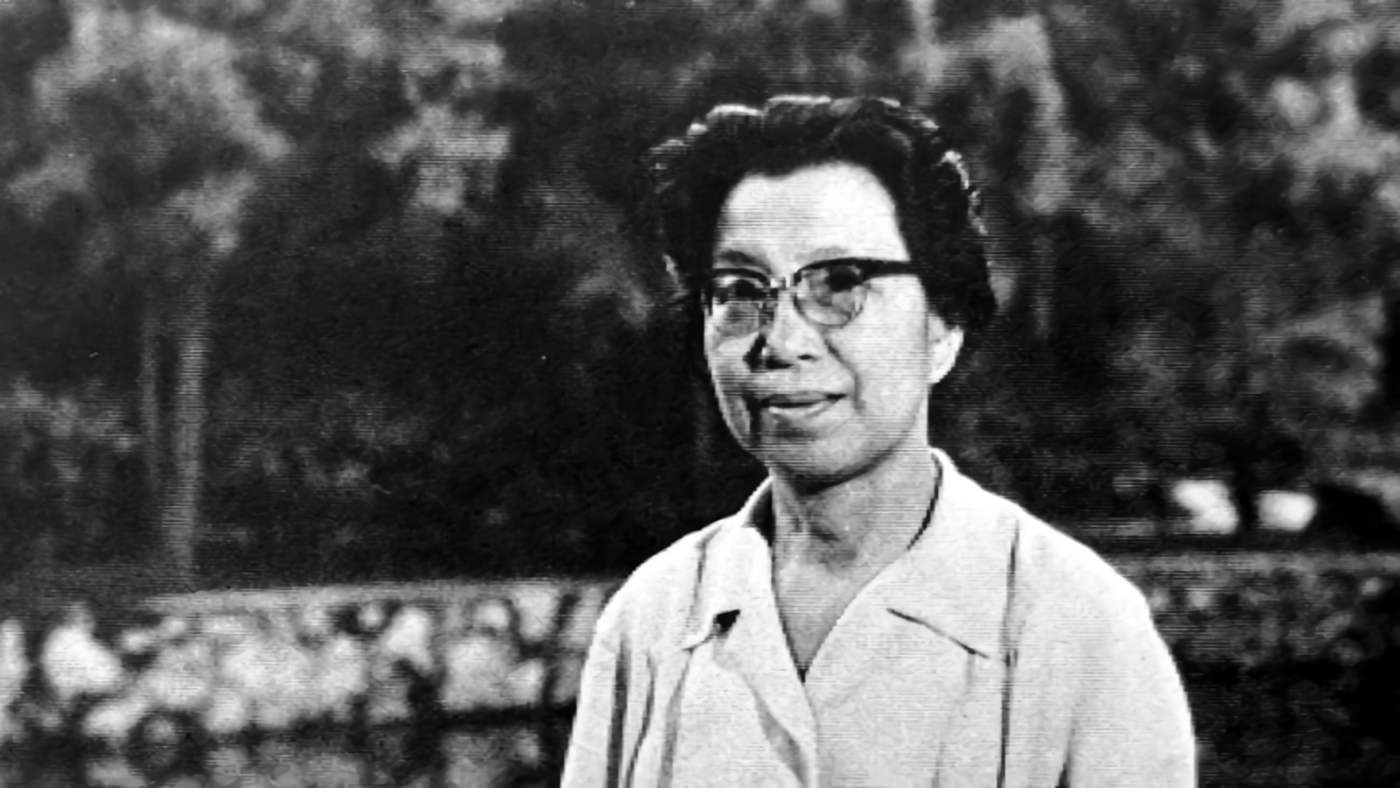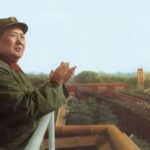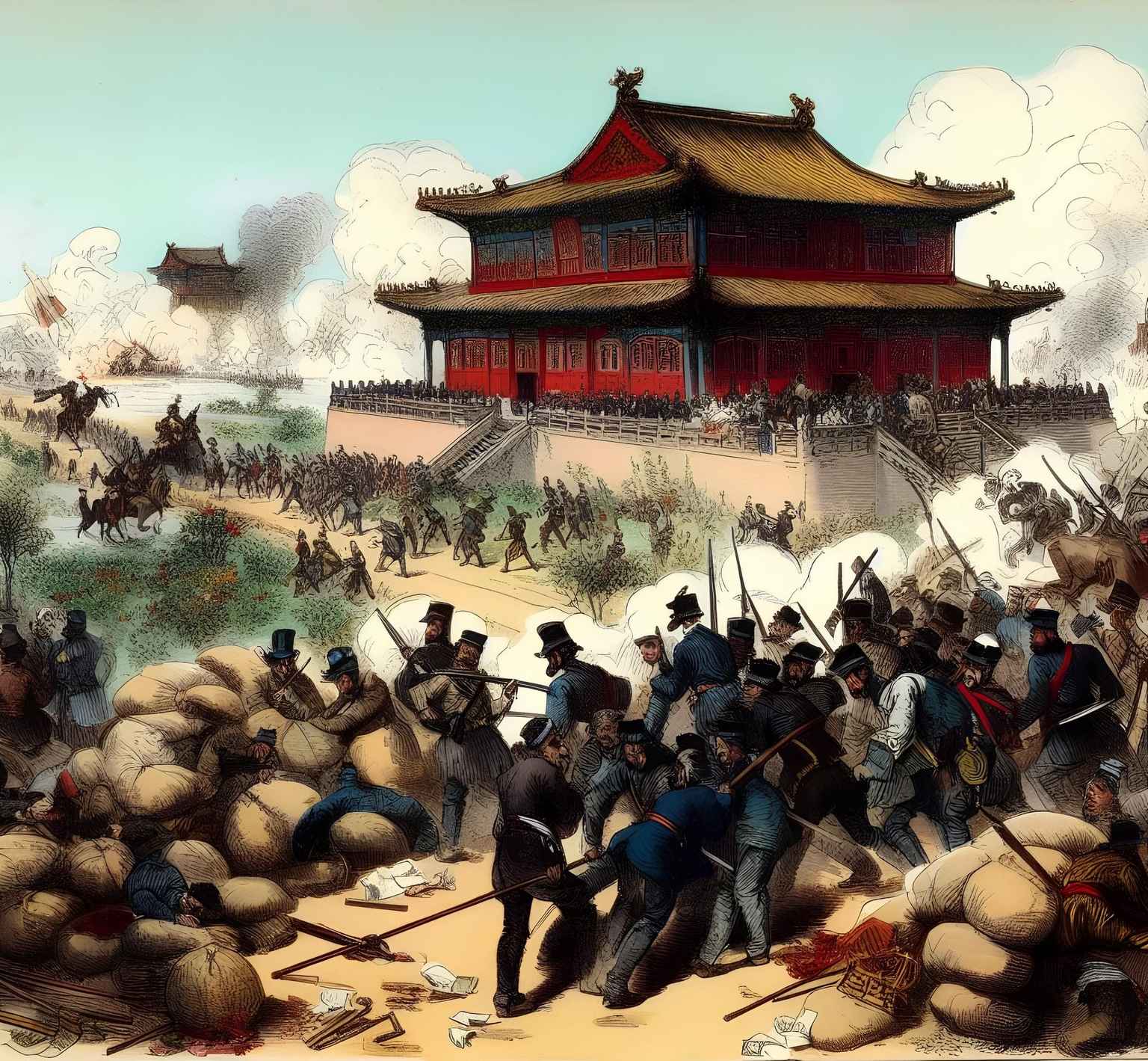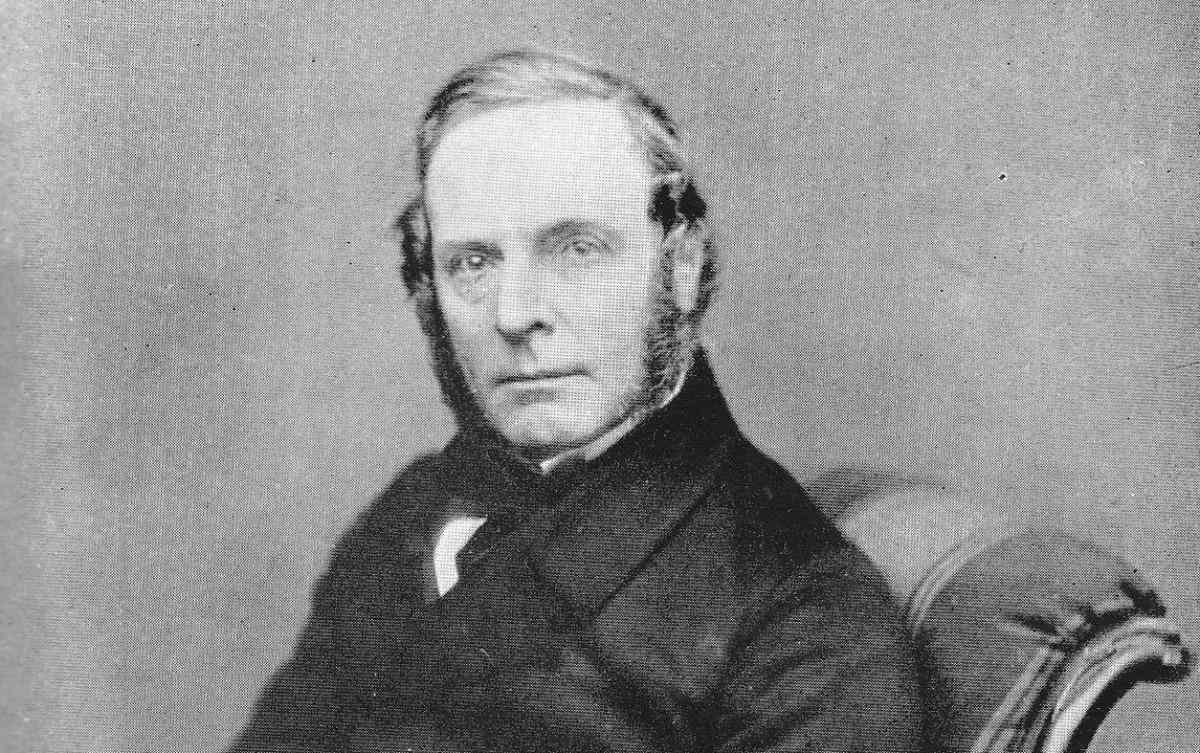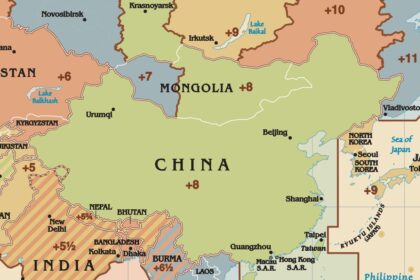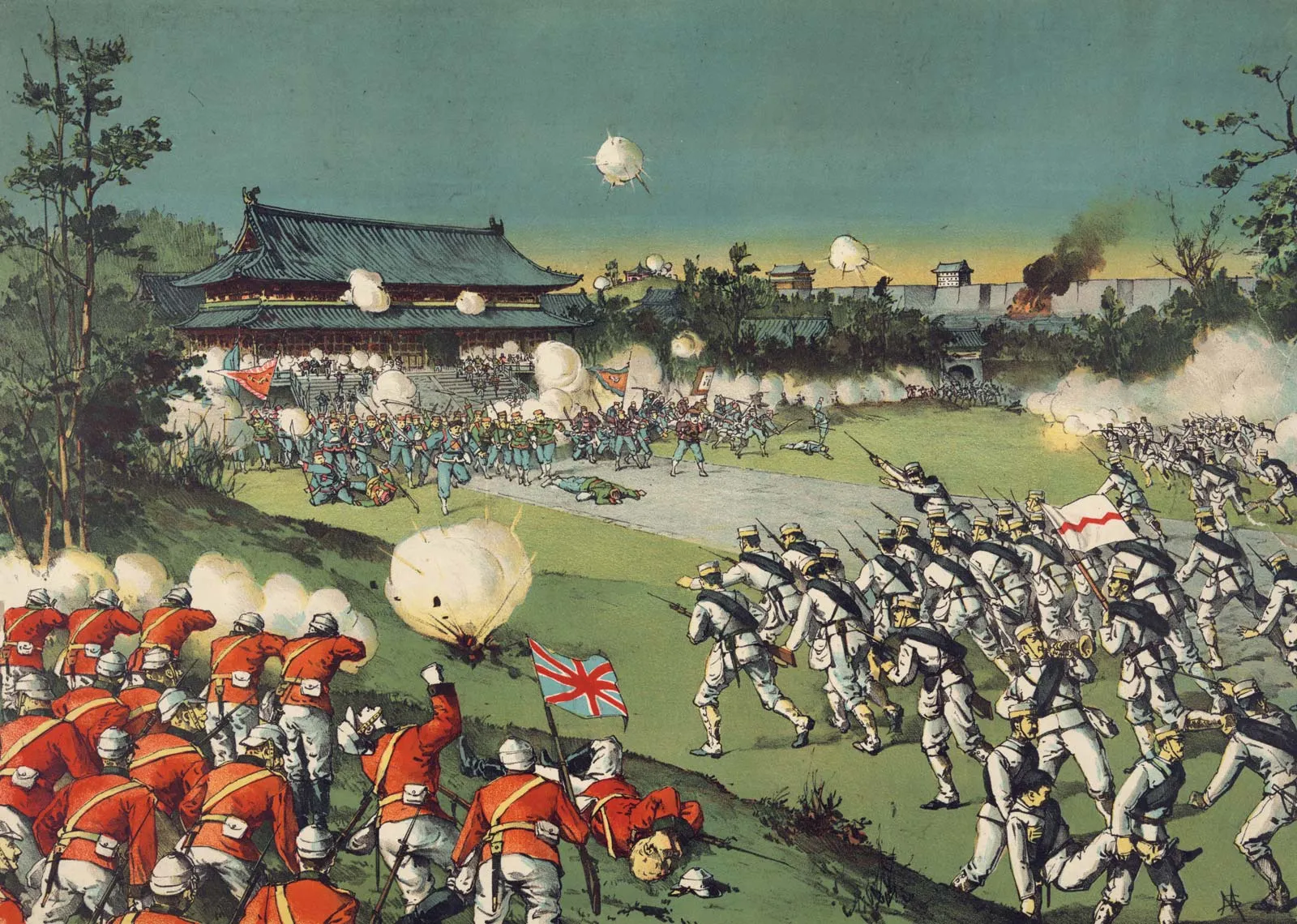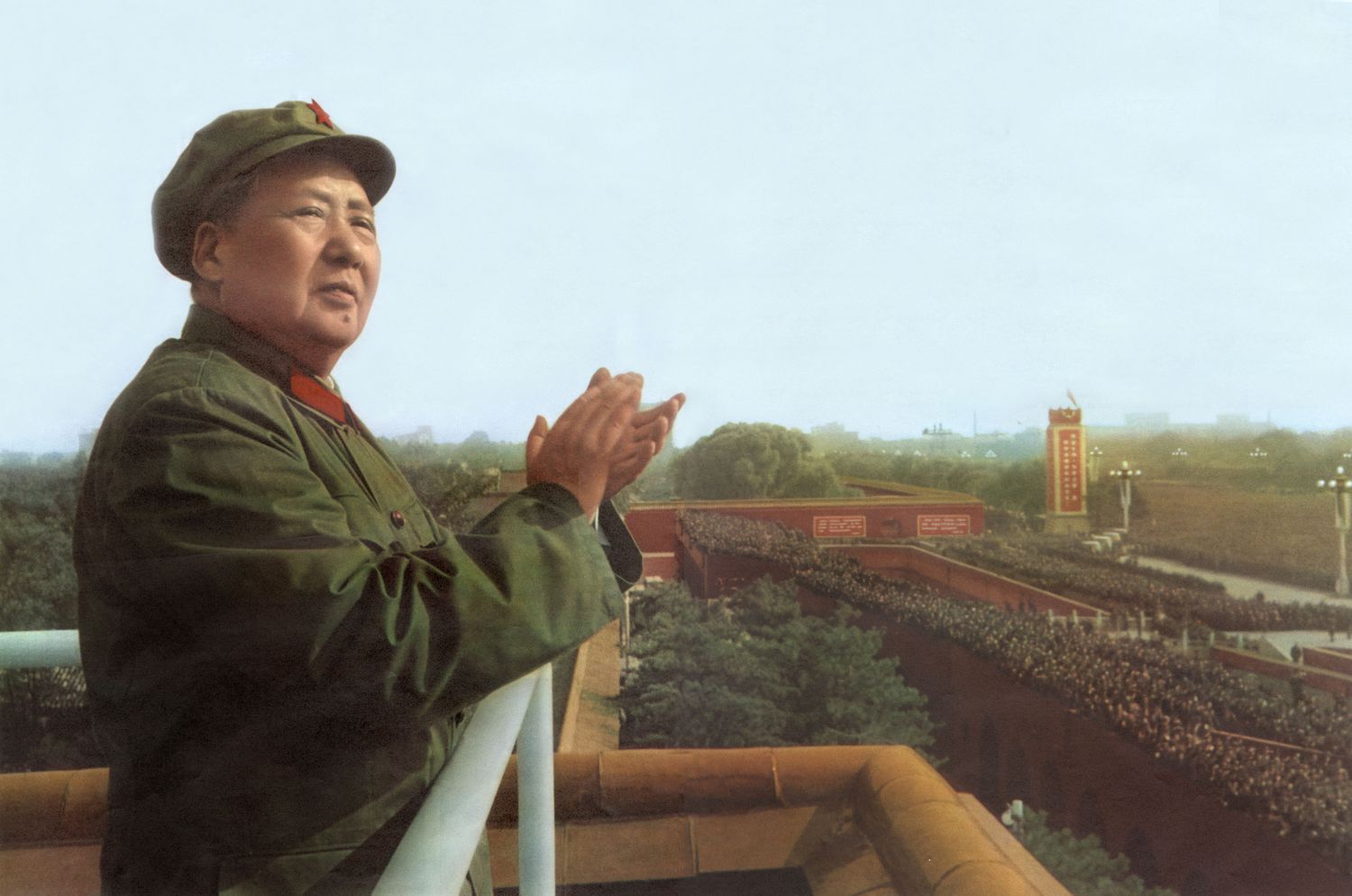Raging mad, Jiang Qing yelled into the microphone. Her eyes sparkled spitefully from behind her rimmed spectacles as she repeatedly clenched her fist. The Cultural Revolution in China was initiated by Chairman Mao Zedong in 1966. Jiang Qing, his wife, also had ambitions of seizing power. After proclaiming herself Mao’s “mouthpiece,” the lady promptly unleashed a public campaign of devastation.
Born in 1914, Jiang Qing tried her hand at acting first. In the 1930s, she became active in the communist movement and by 1939, she was married to Mao Zedong. She was a leading figure in the new administration that emerged after the communist victory in the Chinese Civil War in 1949, and she was much admired for her radical views and harsh stance on a variety of topics.
In addition to persecuting intellectuals, artists, and others who were seen as threats to the state, she was also responsible for the wholesale destruction of cultural and historical relics. Traditional operas and plays were forbidden, and books were burned at the stake. Many scholars, academics, and educators were publicly flogged to death.
Originally named Li Shumeng, Jiang Qing had been married to Mao for over 30 years at that point. Third-rate actress or not, her extramarital escapades were enough to make waves in Shanghai. Eventually, she had even Chairman Mao under her spell at the Communist Party headquarters in Yan’an. That day, all the other ladies in the room had short hairstyles and combat attire. Jiang Qing, on the other hand, decided to put on cosmetics and go dancing because she wanted to have fun.
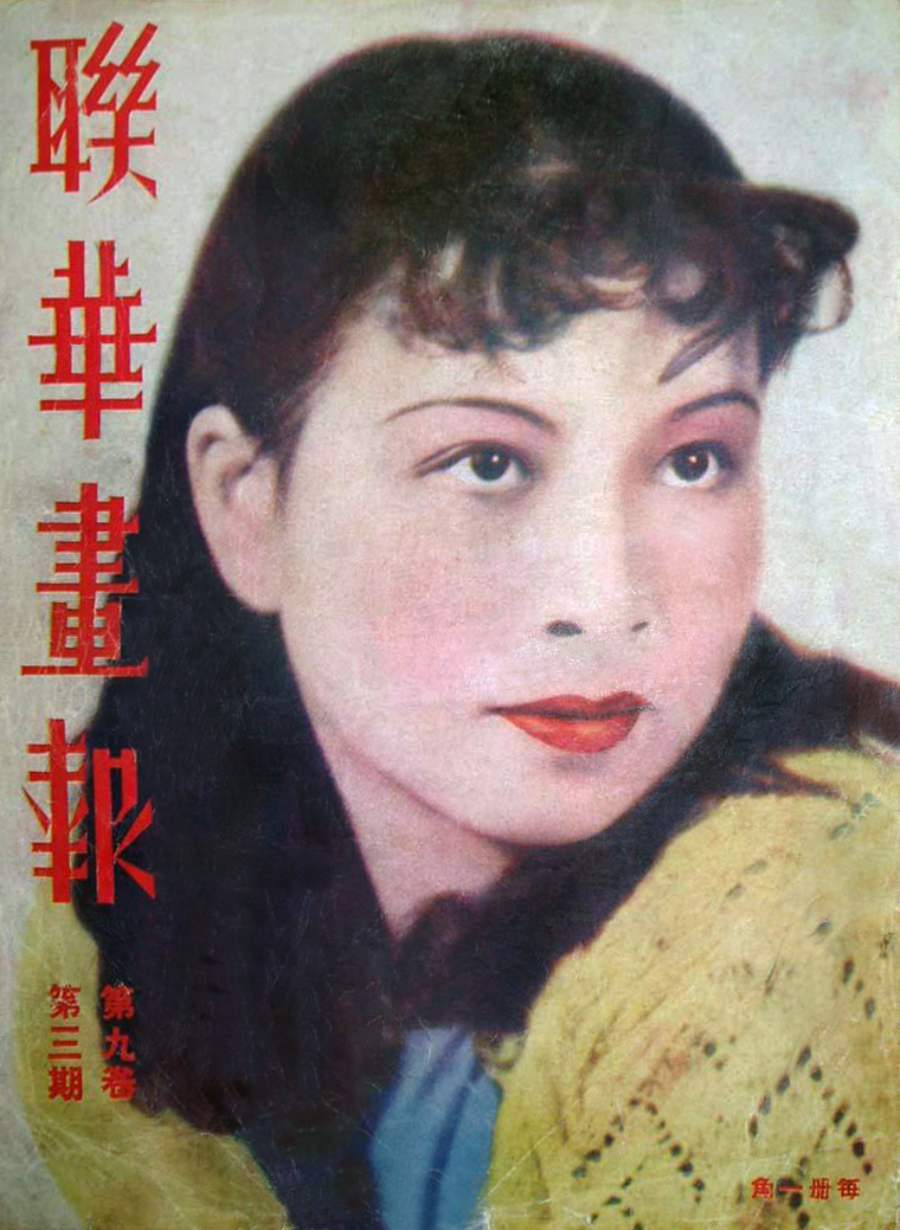
The other comrades found the young actress to be an annoyance. But Mao was already in her grasp. He ended his marriage to his first wife and married the stunning beauty in 1939. Jiang Qing, which translates to “green river,” was the name Mao chose for her. Mao was about twice her age since she was just 24.
Jiang Qing actually looked up to Mao like he was her real father. Her biological father was an alcoholic who was aggressive toward his children. She has been looking for acceptance ever since. She used every means necessary to get other people’s attention.
Mao’s betrayal
Jiang Qing’s agreement to the marriage was a huge bargaining chip for the communists in Yan’an. Together, she and her husband were banned from making public appearances for a minimum of two decades. She was also forbidden from engaging in any kind of politics. At least after then, dancing was tolerated at the Communist headquarters. During that, they also played a few love songs from Hollywood movies. But her husband, Mao, didn’t give a hoot about her. He slept with other ladies instead.
As a result of this humiliation, Jiang Qing acquired a ravenous appetite for power and a deep-seated hatred of her female rivals. She was not cut out to be Mao’s submissive second wife, particularly as Mao increasingly ignored her. Her feelings had long ago faded by the time the 1950s rolled around.
But there was nothing she could do; she was trapped. Beijing was her ultimate home. And she was stuck in her marriage to Mao Zedong, for better or worse.
A Cultural Revolution in retaliation

However, Mao soon found that Jiang Qing was a useful tool in consolidating his influence in the state. His attempt to rapidly industrialize China had failed miserably. Up to 40 million people perished in the Great Chinese Famine caused by the “Great Leap Forward” effort in 1958. As a result, Mao stepped down from his presidency, while he remained a powerful figure behind the scenes.
During the Cultural Revolution, Jiang Qing was supposed to assist Mao to destroy his enemies. Qing was a key figure in the radical group known as the Gang of Four. She realized her time had arrived to emerge into the political limelight as Mao’s ally. She did this by obliterating the heritage that had once meant so much to her.
She said that anybody who appreciated classical forms of art, including opera, theater, music, and movies, was not a worthy communist. In the early 1960s, she started writing “model operas.” In each and every one of these dramas, the communist heroes ultimately prevailed over the capitalist antagonists. However, she reportedly kept watching Hollywood movies behind closed doors, as reported by witnesses in the present day.
“Sex is engaging in the first rounds”
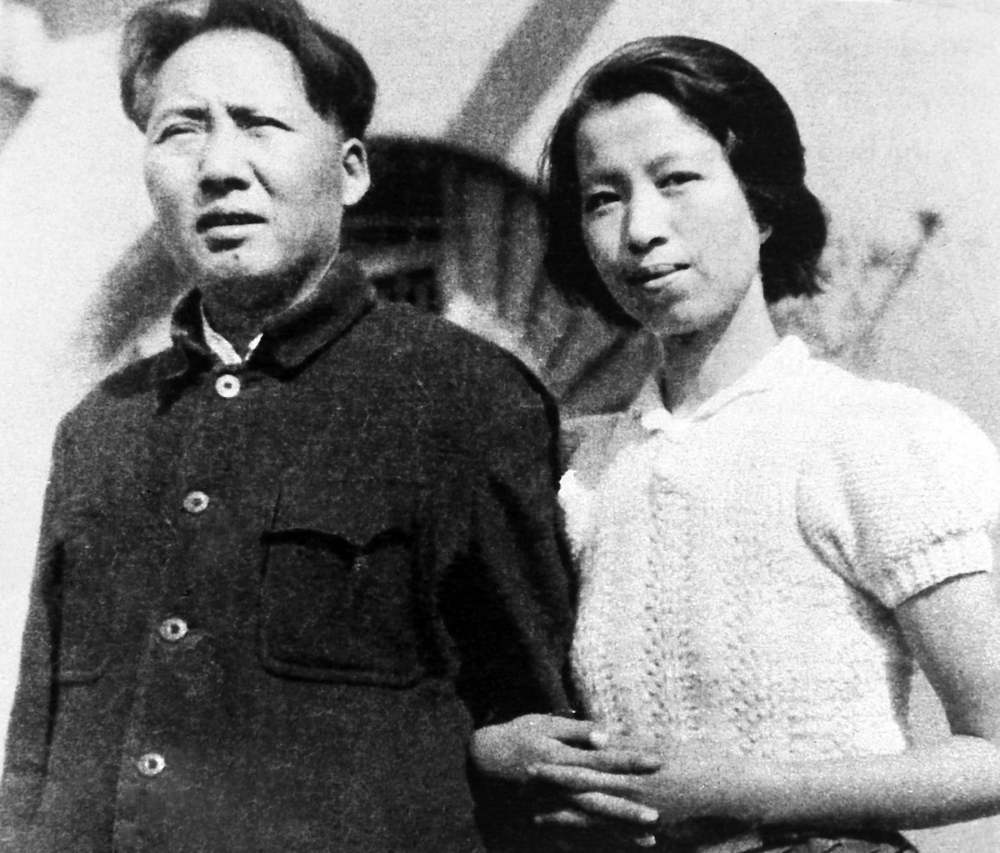
Jiang Qing’s absolute dominance over Chinese culture finally earned her the respect and acclaim she had long craved. Even when Mao’s interest waned, she nonetheless continued what she was doing. “Sex is engaging in the first rounds, but what really sustains attention, in the long run, is power,” Qing offered her thoughts on the matter.
At Mao and Jiang Qing’s orders, the “Red Guards” terrorized the populace. A lot of people who used to be “comrades” but had fallen on hard times were put to death by the couple’s Summary Courts. By 1976, it was believed that two million individuals had been killed in these persecution efforts.
Ye Yonglie, a Chinese biographer, admits, “I once called Jiang Qing a ‘goddess of vengeance.'” In every aspect of her life, she was petty and vengeful. When she gained control, she made amends to all of her creditors.
White-boned demon
Jiang Qing’s blind animosity extended to the wife of Liu Shaoqi, who succeeded Mao as head of state in 1959. In Beijing, Wang Guangmei was shown to an angry crowd while dressed in the same outfit and high heels she had worn on a state visit. The ping pong balls were strung together to form a necklace that she wore around her neck. Wang Guangmei spent the next twelve years behind bars after her husband passed away while in police custody.
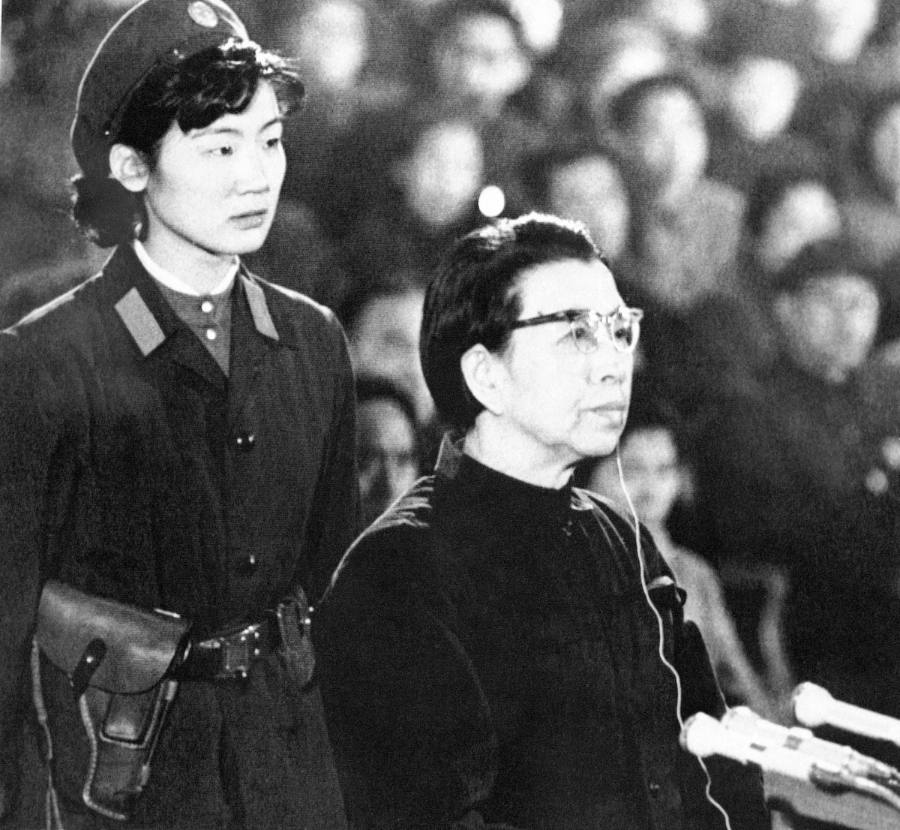
Even though she was widely despised, “Madame Mao” (Jiang Qing) rose through the ranks to become the first female member of the Communist Party’s ruling Politburo. She had hoped to succeed in her late husband’s position in the office, but that did not happen. Jiang Qing fell prey to her enemies after Mao’s death on September 9, 1976, the most prominent of whom was Deng Xiaoping, who would control China until 1997.
The former first lady was now widely seen as a “white-boned demon” by the general public. She was found guilty of many things, including murder, and condemned to death in a high-profile trial that was seen by millions across the world on television in 1981. However, the punishment was reduced from death to life in prison in 1983 because of the sensitivity involved in executing Mao’s widow.
Jiang Qing’s whole life was spent obeying Mao Zedong, and she stood trial in front of 35 judges, all of whom found her guilty. “I was Chairman Mao’s dog. What he said to bite, I bit.”
Jiang Qing was transferred from jail to house arrest in 1991. Cancer debilitated her and left her hopeless. For her, the country she had controlled was now an alien place. She made a noose out of handkerchiefs and hung herself in her bathtub ten days later.



